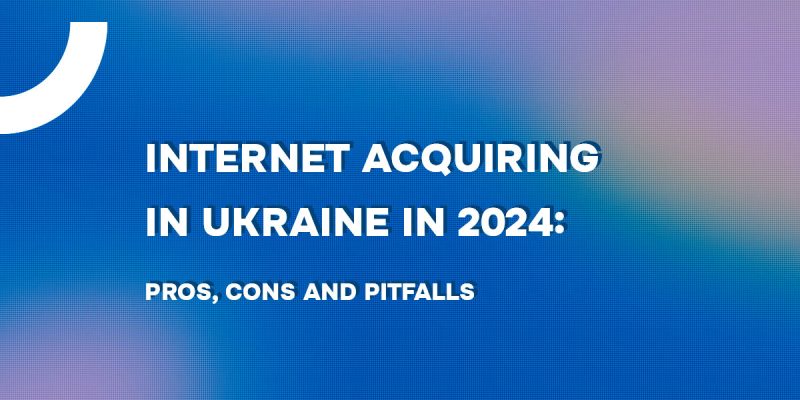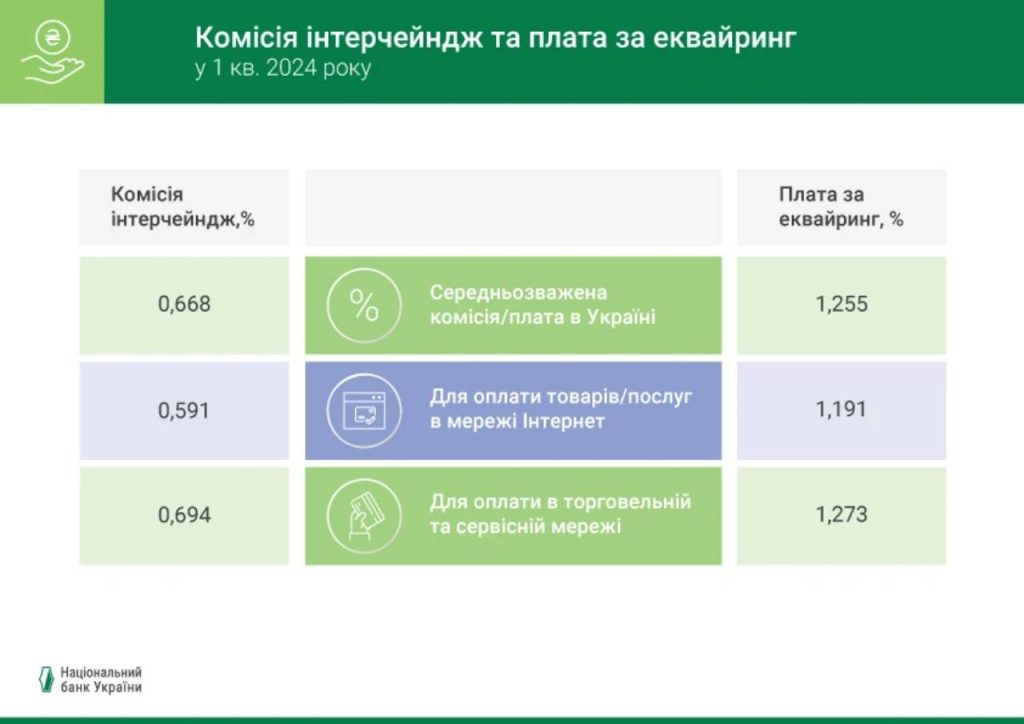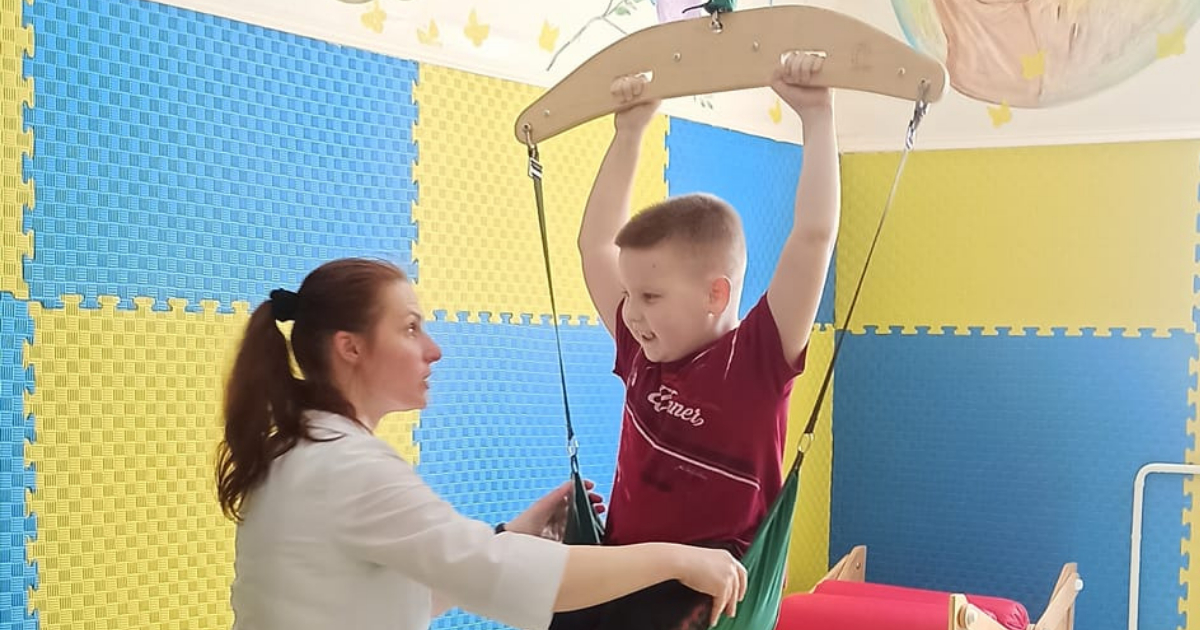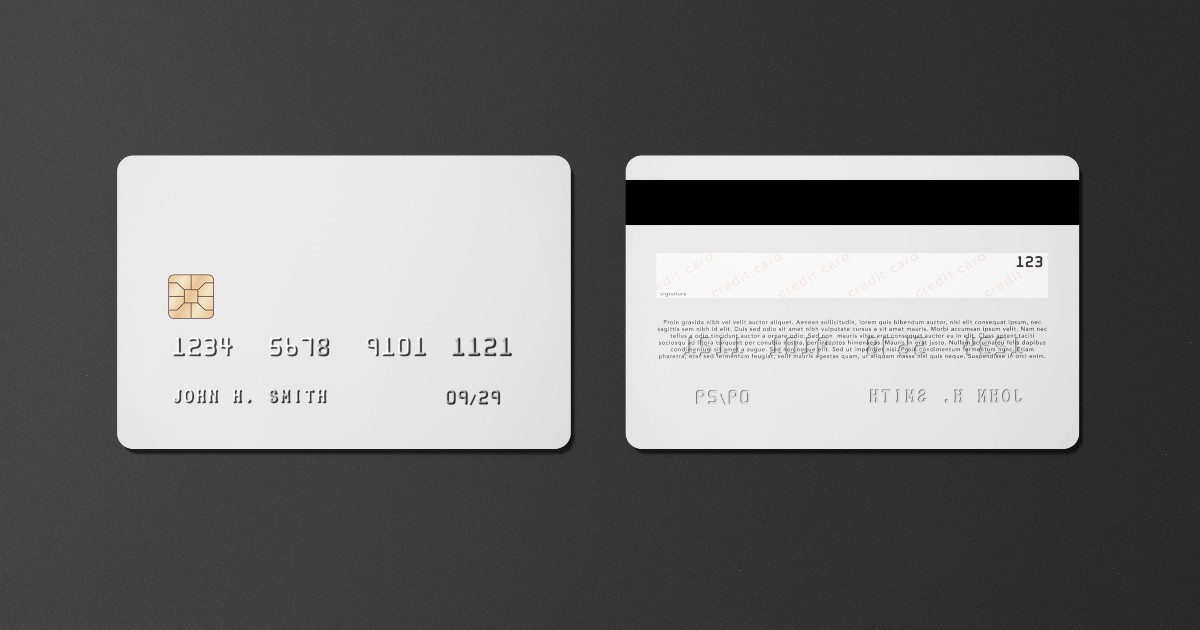
Internet acquiring in Ukraine in 2024: pros, cons and pitfalls 💳
The column was originally published for minfin.com.ua on July 02 2024
Hello, my name is Daryna,I am the Business Development Officer in bill_line team and today I will talk about the current state of the “bread and butter” for any payment service provider – internet acquiring. This service is far from the “new big thing” agenda, because Ukrainian acquiring market is very “hot”: we have a large pool of clients and high-quality solutions created for them by both banks and non-bank financial institutions. However, this market was changed by a full-scale war (like any market, surprise-surprise), and therefore I will speak from the perspective of how exactly 2.5 years of war transformed acquiring, where the emphasis should shift and what you should pay attention to if you started working in this business.
Market condition
The full-scale war reduced the domestic payments market of payments for Ukrainian companies. Some businesses had been shut down, some had been put on hold. However, fintech has shown perhaps the most resilience since the onset of COVID-19 (remember, when this was our biggest concern?). The reasons for this are traditional for any innovation-guided area of business: modern management methods, emphasis on mobility and speed of decision-making, etc.
That is why the market is actively recovering. Me, an industry insider, see this as well, and it is confirmed in the studies of industry associations. For some time, the market was in a austerity economy mode with minimum investment and cutting of non-priority expenses (PR, intra-corporate activities or additional recreational perks for offices), but now investments in development are actively returning.
The main topic for more than two years is access to foreign markets. Now this is the basis of the company’s profitability, if the domestic market is suffering it’s hard times. But what do we have on the “home field”? In my opinion, everything is quite tough, but only for those market players who do not want to change and develop.
The main merchants’ requests
Everything is simple here: merchants wants the the most high-end payment solution for the lowest transaction fee possible. However, there are nuances. The first is that some businesses have closed. The second is that many representatives of small businesses, given the tax burden during the war, don’t want to work officially.
Those who have kept their medium or large businesses have done it thanks to the same cost optimization practices. And here we get the third nuance – these merchants understand their value and know about the high competition in fintech, which only intensified during the war.
All this gives us a clear understanding: the merchant’s requests are still the same. However, the demand for the level of communication and implementation about them has increased significantly. We are talking about:
- Flexible fee policy for different business segments of the same merchant;
- Strengthening the quantitative and qualitative level of psp’s support;
- Prompt implementation of the merchant’s individual wishes: personalized payment forms, new payment methods;
- Increasing quality in terms of reports, reconciliations (in other words, regular updating of the merchant’s account).
The reality is this: there is no place on the domestic market for banks and payment service providers who don’t catch up with these terms.
Basic requirements of banks and service providers
Fintech (what a surprise) wants to get the maximum profit from the merchant via its payment solution. However, in addition to the aforementioned decrease in the Ukrainian market, the market suffered an interchange fee decrease in 2021. During the war, it was first zeroed, then set at 0.7%, and then again increased to 0.9%, which should have been achieved according to the pre-war agreements.

As you know, the size of this fee directly affects the acquiring fee. Therefore, it is definitely not necessary to explain why it has become much more difficult to make money on the domestic market. Adding to this the regular strengthening of financial monitoring norms and you will get a “hard mode” game.
All this means that service providers – banks and non-bank financial institutions – are trying to tighten the belt of their fee as much as possible with additional conditions. They can relate to business depending on the mcc, merchant turnover and insurance in case of its decline, additional payments for new cool mods, connection fees, etc. All of this has clear “market rules”, which makes any dumping almost impossible and maximally insures both parties against unjustified overvaluation.
In conclusion – yes, the market has changed, but not as much as it could have. The days of high fees, simple integrations and a chilling life in active development have passed. The war only strengthened and made the simple truth more painful: the internet acquiring market in Ukraine has become mature. And therefore all its members must become mature too – or leave.


